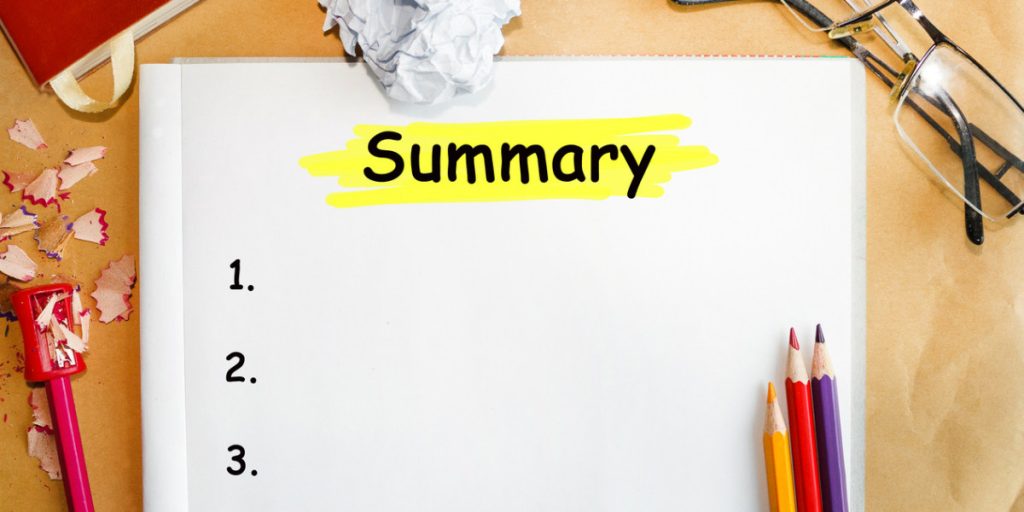How To Answer Summary Questions In 5 Simple Steps

Do You Know How To Answer Summary Questions? In This All Important Post, we will share with you the 5 Simple Steps To Use When Answering Summary Questions
When it comes to answering summary questions, it’s important to remember that you should provide a comprehensive answer that addresses all the key points. Summary questions are designed to test your comprehension of a particular concept or text, so it’s important to make sure you provide an accurate and thorough response. Learn how to answer summary questions in this article.
Answering summary questions can be a difficult task, especially if you’re a student or a job seeker who’s been asked to provide a summary of their skills, experience, or qualifications. But, don’t worry! With these tips and tricks, you can easily answer any summary question that comes your way.
What is Summary Writing?
Summary writing is an act of producing a shortened version of a longer passage. A good summary should contain the main ideas of the original passage. Summarizing is a difficult skill to teach and use.
In order to summarize, students must be able to understand what they are reading, separate the main ideas from the details, and reduce a large quantity of information to the most important main ideas.
The 5 Simple Steps On How To Answer Summary Questions
How to answer summary questions
1. Understand what the question is asking.
Take time to read the prompt carefully and make sure you understand the exact information the question is seeking. Once you understand the prompt, you can begin to form your answer.
2. Be concise and to the point
When crafting your response to summary questions, it’s important to be concise and to the point. Don’t waste time waxing poetic about your experiences. Instead, be sure to include only the most important points and leave out any unnecessary details.
3. Apply skills or experiences
Provide specific examples of times when you have applied the skills or experiences you have mentioned. Use concrete details to show the interviewer that you have the necessary experience and qualifications to fulfill the job or programme.
4. Highlight your best qualities and skills
In addition to providing concrete examples, be sure to highlight your best qualities and skills. Show the interviewer why you are the most qualified candidate for the job or programme.
READ: 10 Natural Ways to Learn Quickly, Must Read For All Students
5. Proofread your response
Make sure to proofread your response before submitting it. This will help ensure that your response is free from any typos or grammar mistakes.
Send Stories | Social Media | Disclaimer
Send Stories and Articles for publication to [email protected]
We Are Active On Social Media
WhatsApp Channel: JOIN HERE
2024 BECE and WASSCE Channel - JOIN HERE
Facebook: JOIN HERE
Telegram: JOIN HERE
Twitter: FOLLOW US HERE
Instagram: FOLLOW US HERE
Disclaimer:
The information contained in this post on Ghana Education News is for general information purposes only. While we endeavour to keep the information up to date and correct, we make no representations or warranties of any kind, express or implied, about the completeness, accuracy, reliability, suitability or availability with respect to the website or the information, products, services, or related graphics contained on the post for any purpose.



 How to buy UG Admission Voucher with Momo/Shortcode
How to buy UG Admission Voucher with Momo/Shortcode  Top 5 Universities in the Netherlands for Masters Studies
Top 5 Universities in the Netherlands for Masters Studies  John Mahama Lists Plans for Education Sector When he is Voted for
John Mahama Lists Plans for Education Sector When he is Voted for  The Poll Tax Ordinance of 1852
The Poll Tax Ordinance of 1852  Asogli State rejects renaming Ho Technical University after Ephriam Amu
Asogli State rejects renaming Ho Technical University after Ephriam Amu